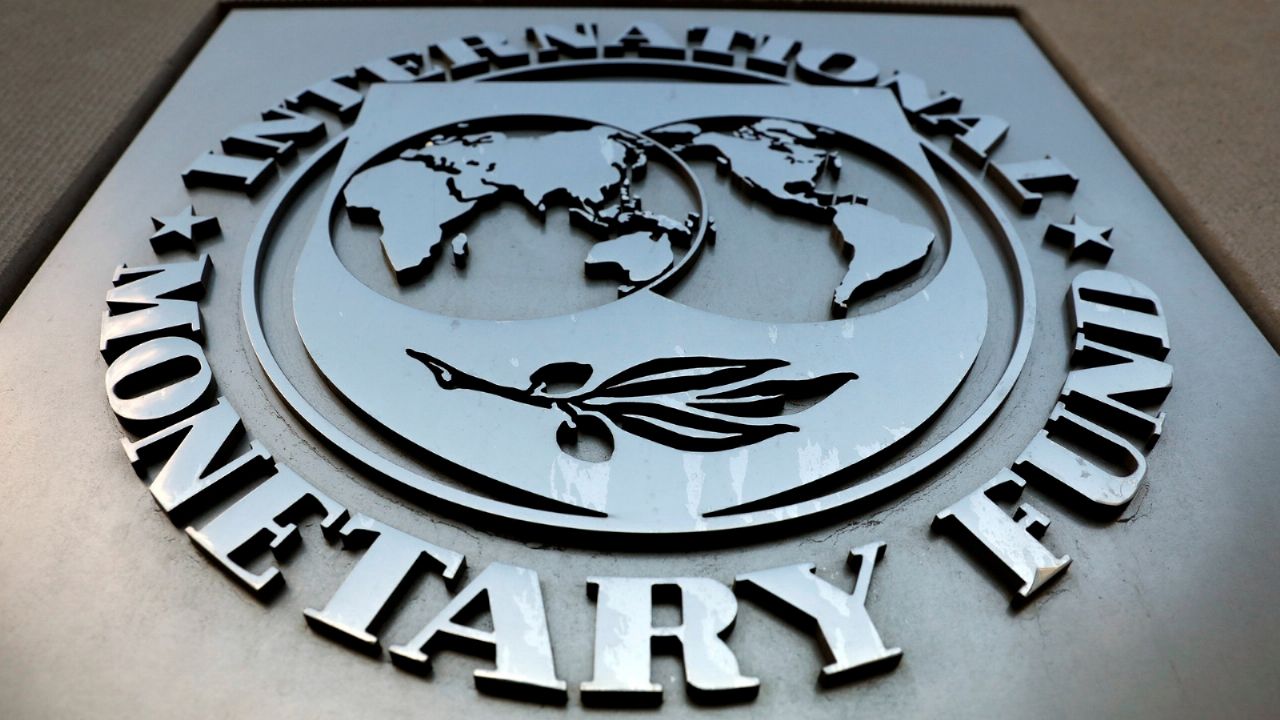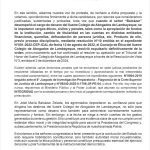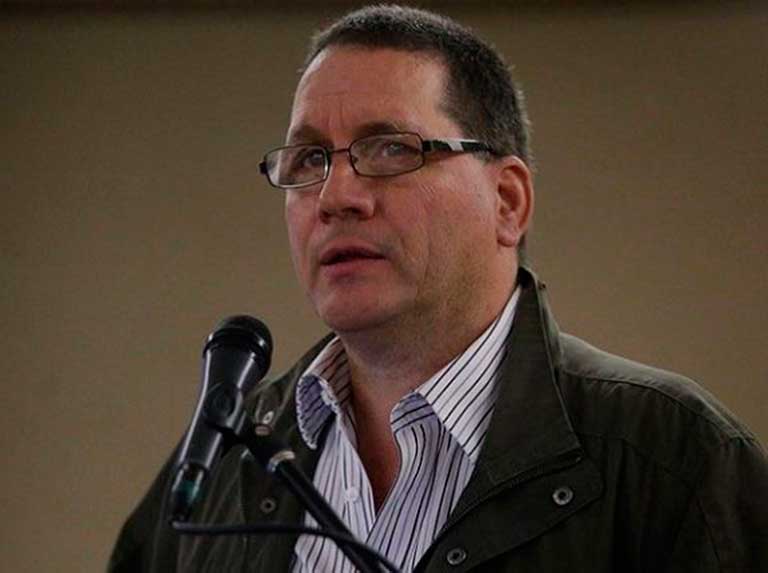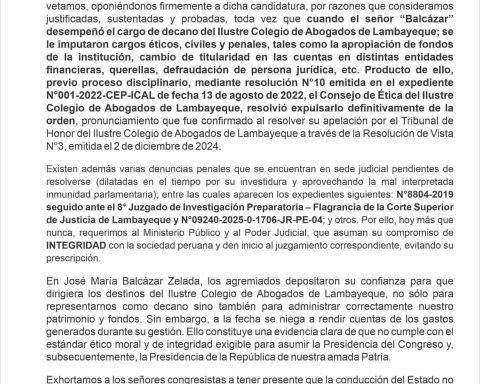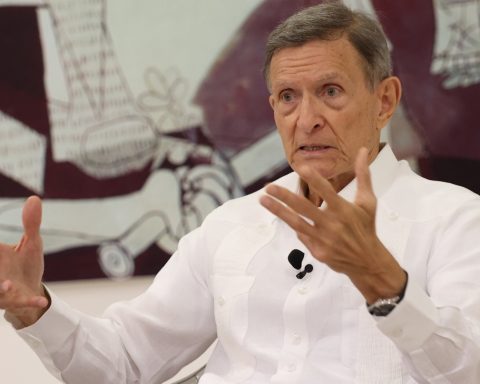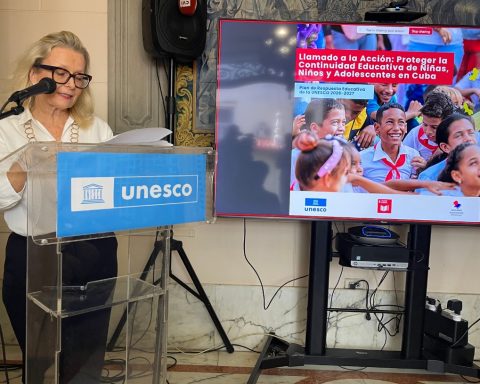Last Friday, the Government managed to approve the agreement with the International Monetary Fund (IMF), to finance a debt of 44 billion dollars left by former President Mauricio Macri.
In this regard, Gerry Rice, spokesman for the organismpointed out at a press conference this Thursday, that the most important thing now is that the country manages to implement the program that was outlined with the IMF to get out of the crisis.
Although Rice defended the agreement between Argentina and the IMFpointed out that the risks for the country “are very high”, this, if one takes into account the complicated economic situation that is currently being experienced and that is marked by inflationary pressure.
“The risks of the program are exceptionally high because the economic and social situation in Argentina is fragile and new shocks have materialized; in the last 3 years the economy has suffered a recession, with high poverty and high inflation”.

The spokesperson also assured that the organism decided to move forward with the negotiation, since it will precisely help the country, since the objectives that were set are realistic and take into account current economic conditions.
“We believe, and we have said it many times, that Argentina’s Fund-supported financing program establishes pragmatic and realistic goals, which, when implemented, will strengthen macroeconomic stability.”

Rice further added that “the program aims to strengthen public finances and reduce persistently high inflation through a multi-pronged strategy that includes a gradual reduction in deficit financing.
What is the new agreement with the IMF?
The Government and the agency approved a 3-year program to refinance 44 billion dollars of debt.

Under this line, Argentina undertook to meet several goals required by the IMF, which will be measured periodically.
In addition, the Government must reduce the fiscal deficit and the monetary emission of the BCRA towards the Treasury to accumulate new reserves.
